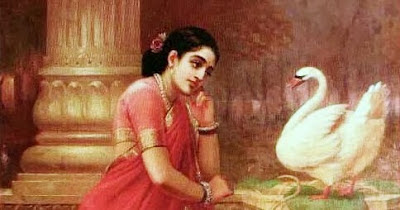Rūpa Gosvāmī's Dūta Kāvyas: (5) Modern and classical literary sensibility

Modern and classical literary sensibility Since Sushil Kumar De is one of the few modern scholars to have attempted a critique of Gauḍīya kāvya , it may not be untoward to discuss his assessment of that body of work and Rūpa in particular. Consciously or unconsciously, De writes with the optic of a modern man applying today's literary standards to the literature of another age. For him, Kālidāsa is the unique bright spot in Sanskrit literary history and the language has only known decline since his time. The innumerable poets who inevitably used Kālidāsa as their model were imitators in whom there was little or no originality. About the Gauḍīya writings, though he admits that the apotheosis of the Rādhā-Kṛṣṇa legend, with all its paraphernalia of impassioned beatific sports, was no doubt a literary gain of immense importance and lifted the devotional literature from the dead level of speculative thought to the romantic richness of an intensely passionate experience, he qua...
